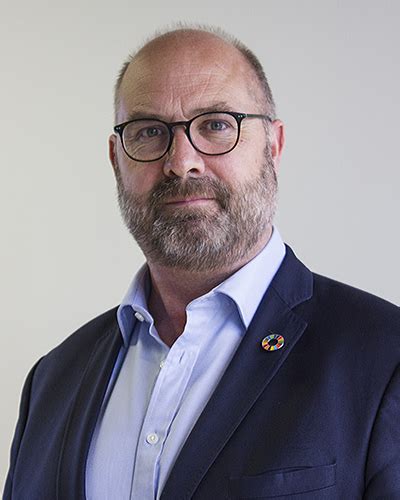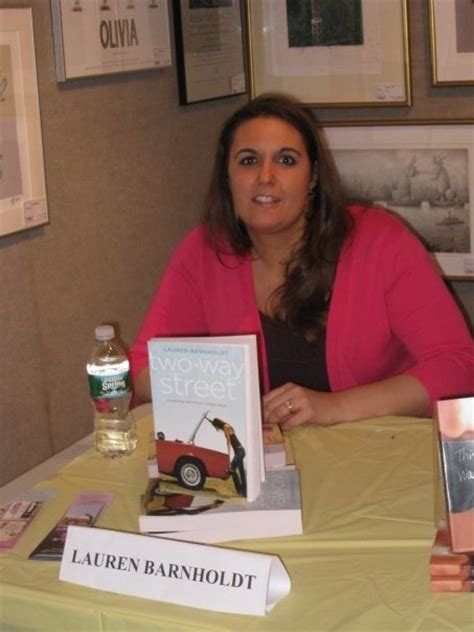A Quote by Sam Altman
Sometimes people think Y Combinator has big ideas about themes. But really, we just fund the best startups.
Related Quotes
One of the things that I realize is that if you look at big business, I mean, they - and what they fund and what they do, they don't really - they don't fund the small non-profit community-based organizations that really are out there on the front lines helping people. They fund the big philanthropies. They're safe.
I think that sometimes people talk about disruption, and I've seen tons of startups come in as disruptors and then disappear. And I think what we need to do as an industry is think about a world that is dominated by mobile and software and not extrapolate from what was. And I think a lot of big companies tend to want to do that.
There are two companies that the AI Fund has invested in - Woebot and Landing AI - and the AI Fund has a number of internal teams working on new projects. We usually bring in people as employees, work with them to turn ideas into startups, then have the entrepreneurs go into the startup as founders.
Because sometimes when someone is telling you something really important, it’s best to just let there be silence, to really think about what they’re saying. A lot of times people think they have to say something all insightful or wise or something to try and make the person feel better. But really, sometimes silence is best.
I've learned mainly by reading myself. So I don't think I have any original ideas. Certainly, I talk about reading Graham. I've read Phil Fisher. So I've gotten a lot of my ideas from reading. You can learn a lot from other people. In fact, I think if you learn basically from other people, you don't have to get too many new ideas on your own. You can just apply the best of what you see.
































